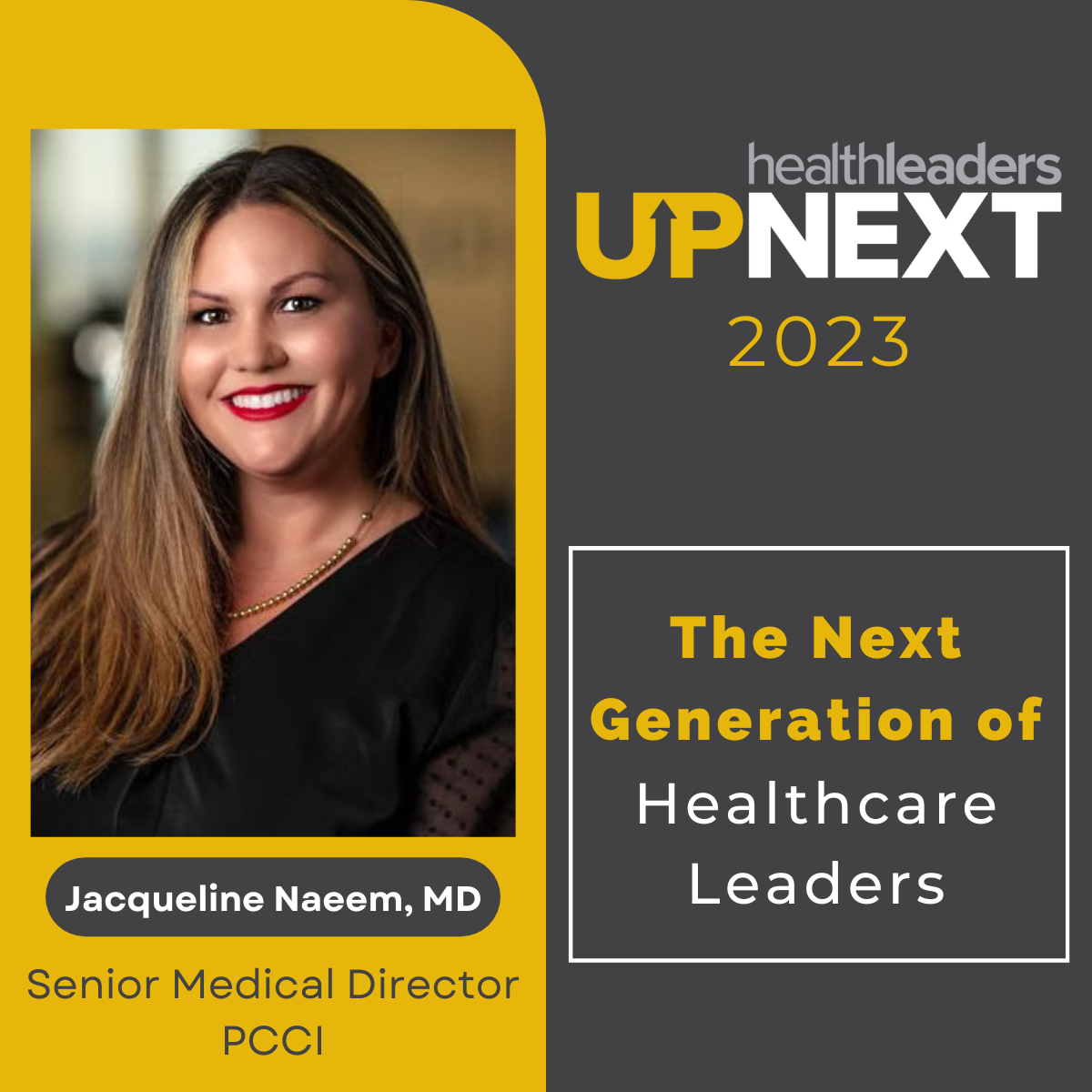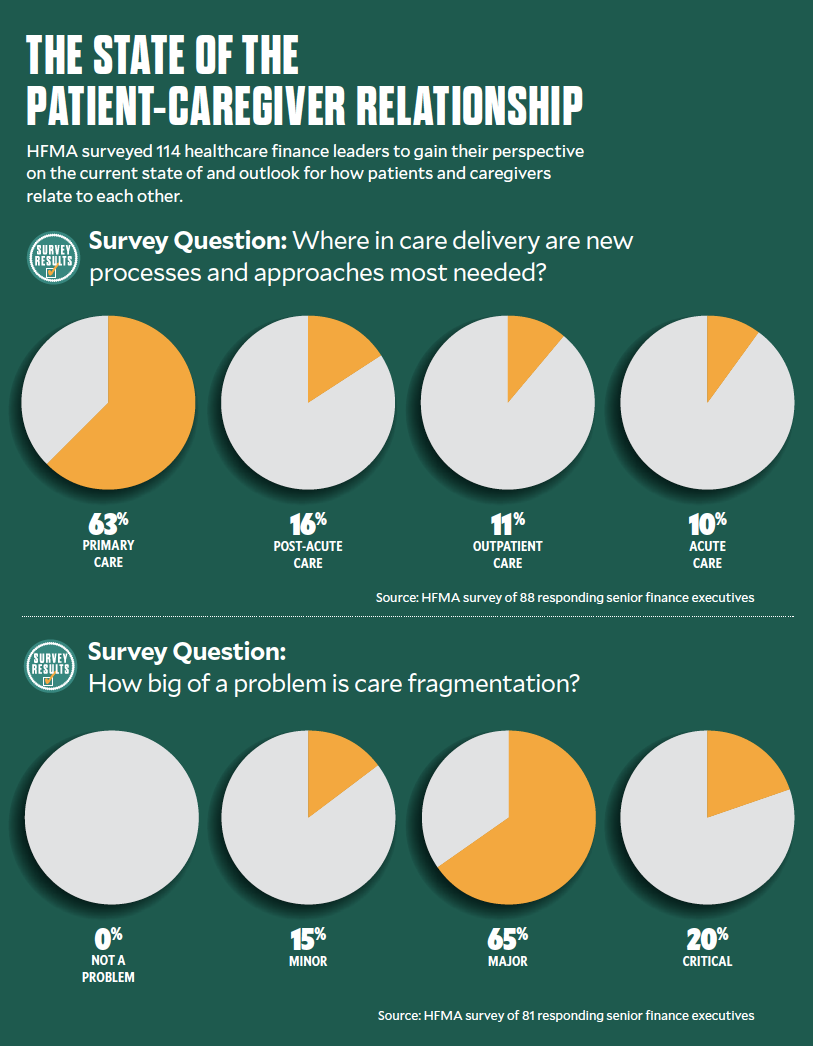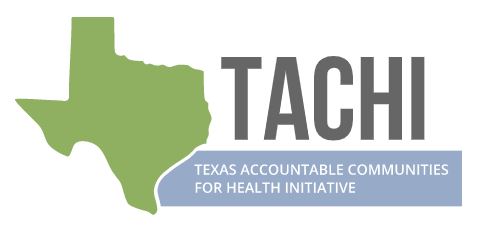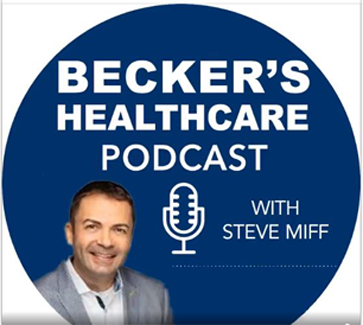In early December, the six community health collaboratives that make up Texas Accountable Communities for Health (TACHI) convened in Austin for a conference where a variety of experts shared their perspectives on the impact of the multi-year initiative designed to support the development of financially sustainable, multi-sector community health collaboratives in six Texas communities. The theme of the gathering was “Clinic-to-Community Partnerships: Healthcare Partners’ Perspectives.”
In the morning of the conference, Jeff Levi (Principal Investigator of the Funders Forum on Accountable Health) presented an overview of national Accountable Communities for Health (ACH) trends. Following the keynote address, a panel representing diverse perspectives discussed clinic-community partnerships. Discussion panelists included:
- Carol Paret, SVP & Chief Community Health Officer at Memorial Hermann in Houston – health system perspective on community-clinic linkages and role of an anchor institution in the community (HAN participant).
- Kay Ghahremani, President and CEO, Texas Association of Community-Based Health Plans – insights into how health plans see the impact of CCMs on the health and wellness outcomes of communities across Texas.
- Dr. Ryan Van Ramshorst, CMO for TX Medicaid – views on how the state Medicaid system would consider covering non-traditional providers (e.g., CHWs, CBOs) for reimbursement and the importance of evidence provided by CCMs to build this case.
- Helen Kent Davis, Associate VP, The Office of Governmental Affairs at Texas Medical Association – physician perspectives on SDoH and Clinic to Community models.
Following the panel, the conference included a variety of interactive breakout sessions such as fireside chats and open space facilitated discussions.



TACHI is supported by the Episcopal Health Foundation, St. Joseph’s Health, and St. David’s Foundation.
About TACHI
Given the growing recognition of how social determinants of health (SDOH) significantly influence health outcomes and healthcare use, policymakers and funders have examined various community-led approaches to address community health. However, SDOH approaches are hampered by a key set of challenges including funding streams being siloed and short-term in nature, individual organizations having competing priorities, data systems being disconnected, equity not being embedded in heath policy and practice, and the lack of authentic engagement of communities and stakeholders.
To address these challenges, Episcopal Health Foundation launched a multi-year initiative to support existing collaboratives in our region to become high-functioning and sustainable entities known as Accountable Communities for Health (ACH).
ACHs are community-based partnerships formed across sectors such as healthcare, housing, social services, public health, employment training, and economic development, to focus on a shared vision and responsibility for the health of the community.
For more information go to: https://www.txachi.org/
###












 Congratulations to PCCI’s CEO Steve Miff for being named to D CEO’s Dallas 500 list. This list includes the top business leaders in Dallas, representing some of the most dynamic organizations in the region. This is the third year in a row for PCCI to be honored by D CEO.
Congratulations to PCCI’s CEO Steve Miff for being named to D CEO’s Dallas 500 list. This list includes the top business leaders in Dallas, representing some of the most dynamic organizations in the region. This is the third year in a row for PCCI to be honored by D CEO.
 D CEO posts all the winners of its recent Excellence in Healthcare Awards, where PCCI’s CEO Steve Miff was named Outstanding Healthcare Innovator: “Steve Miff is one of the most innovative leaders in the Dallas healthcare community. His organization has guided the community through COVID-19 by graphing everything from outbreaks to vulnerability with its unique software that has been mimicked all over the country.”
D CEO posts all the winners of its recent Excellence in Healthcare Awards, where PCCI’s CEO Steve Miff was named Outstanding Healthcare Innovator: “Steve Miff is one of the most innovative leaders in the Dallas healthcare community. His organization has guided the community through COVID-19 by graphing everything from outbreaks to vulnerability with its unique software that has been mimicked all over the country.”
 D Magazine examines how PCCI coordinated a five-year communitywide effort to reduce costs and ER usage for Medicare and Medicaid beneficiaries.
D Magazine examines how PCCI coordinated a five-year communitywide effort to reduce costs and ER usage for Medicare and Medicaid beneficiaries.


 team of clinical, regulatory, innovation, technical, and operational leaders at health systems across the United States, including PCCI’s Steve Miff, comment on HHS’s proposed rule prohibiting discrimination via algorithm needs strengthening.
team of clinical, regulatory, innovation, technical, and operational leaders at health systems across the United States, including PCCI’s Steve Miff, comment on HHS’s proposed rule prohibiting discrimination via algorithm needs strengthening.
 This episode of Becker’s Healthcare Podcast features Steve Miff, President and CEO at Parkland Center for Clinical Innovation (PCCI). Here, he discusses PCCI’s work in serving underserved populations through leveraging data science, how AI & machine learning applications help personalize healthcare at scale, and more.
This episode of Becker’s Healthcare Podcast features Steve Miff, President and CEO at Parkland Center for Clinical Innovation (PCCI). Here, he discusses PCCI’s work in serving underserved populations through leveraging data science, how AI & machine learning applications help personalize healthcare at scale, and more.